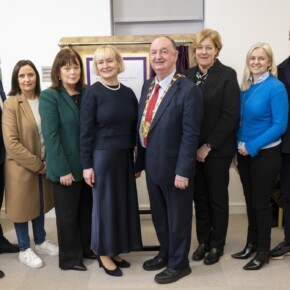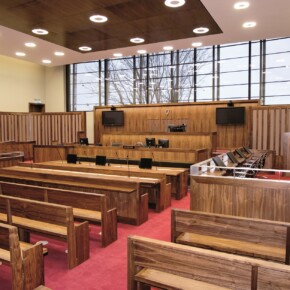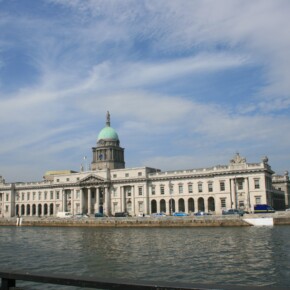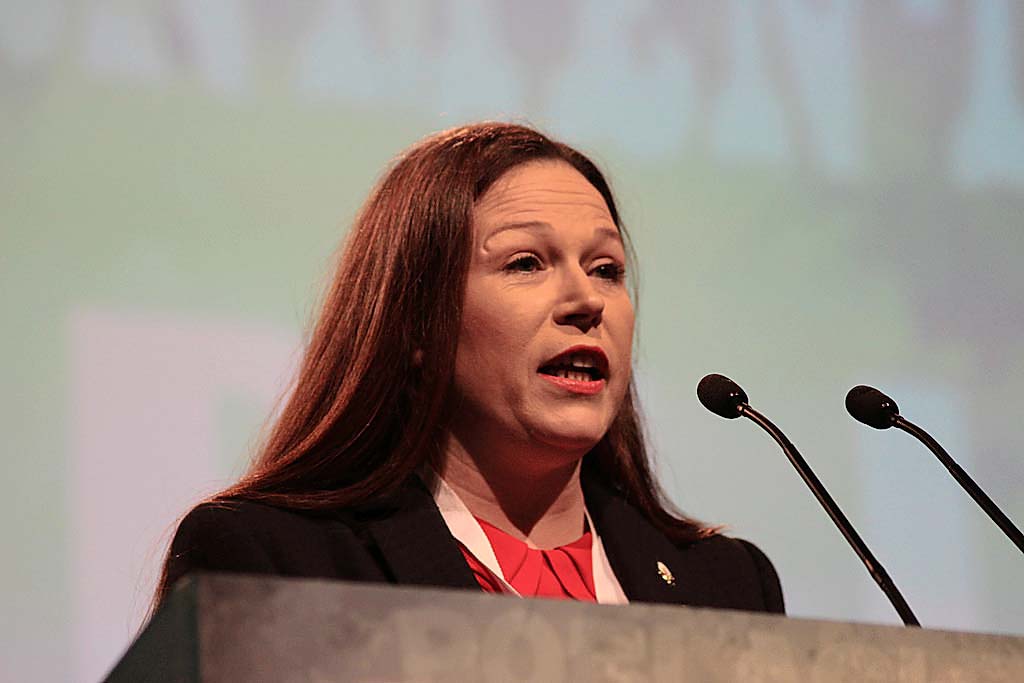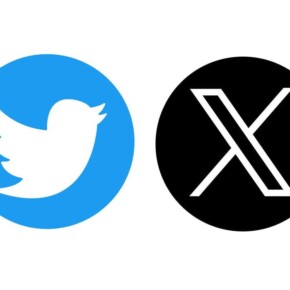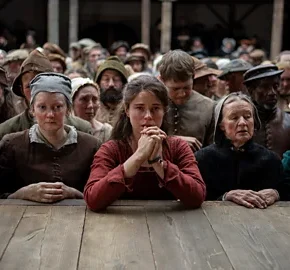Dublin documentary maker graduates with PhD
Dublin People 23 Apr 2025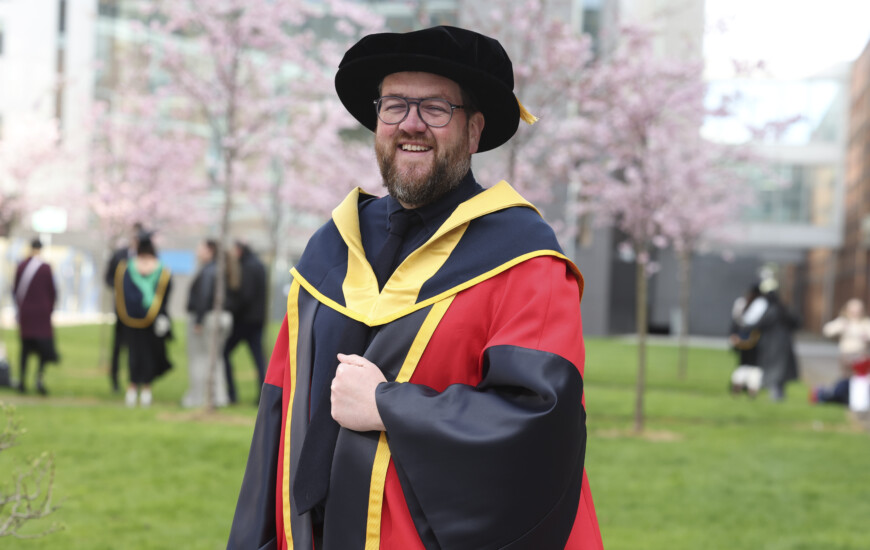
“What are the rules here?” For years, this was the question that preoccupied documentary maker Tom Burke – a question that ultimately led to his PhD film about the relationship between filmmakers and their subjects.
The Gap in Consent, which opened the IFI Documentary Festival 2024, features contributions from 18 fellow filmmakers and teases out the ethical dilemmas involved when interviewing and engaging with the people who are the subjects of their work.
Burke, a graduate of the DCU BA in Communications, originally wanted to be a stills photographer. But while doing a postgraduate degree he was roped in to film a documentary project, and he was fascinated by how the interview process drew “really honest stuff, and really unexpected stuff from real people.”
“That kind of flicked a switch in me. I was like, this is much more interesting,” says Tom.
He went on to make a number of successful documentaries including ‘Losing Alaska’, ‘Shooting the Darkness’, ‘Sold – The Eircom Shares Saga’.
However, in terms of the protocol for dealing ethically with the people at the heart of his films, he felt “we were making it up as we go along.”
He says he half expected a senior colleague to take him aside and set out the guidelines, “but that moment never came.”
In the meantime, Tom began teaching film modules at Trinity College and later at DCU, where he helped to establish the MA in Documentary Practice.
The return to DCU provided the opportunity to finally research his questions about consent through a PhD. And making a film the central piece of his work seemed the most appropriate approach.
In the resulting documentary, Tom turns the camera on his fellow documentarians, which added an extra layer to the interaction with his colleagues. “Let’s talk about the position you put other people in, while I have now put you in that position.”
The decision to make the film rather than a conventional, written thesis generates information that would be lost on the page. “You get to see the expression on the face. You get to hear the tone of voice you get to see their posture you get to observe silences.”
While the people he interviewed have contrasting views on the ethics of consent in documentary-making, he discovered that they had all been grappling with the same questions in private. At the editing stage, with over 40 hours of footage, Tom faced the challenge of trying to “chart a course through those opinions that try to tell us some new things, tell us what the terrain is, but also give some fresh perspectives.”
In addition, to the film Tom had to produce a 50,000-word written thesis that provides complementary academic context.
Speaking about the challenge of taking on a PhD, he says that his great challenge was time management. With his teaching, research and two young children at home, Tom says that he couldn’t have completed the doctorate without his supportive partner.
“You can’t disappear into a library for weeks at a time even though that would be lovely. So you have to parcel out your time.”
Today, in his role as programme chair of the MA in Documentary Practice, he says that what he’s learned from his research is influencing his teaching. “I’m bringing parts of that thesis into the room all the time to open up conversations.”
The PhD experience has also influenced the way that he approaches the people at the heart of his documentaries, ensuring that he is completely open about the process.
“I’m taking smaller steps forward and I’m making sure that everybody is aware of what we’re doing along the way. And I’ve been very careful to explain that this is early days, that this process might be long, that I don’t know what the outcome is going to be.


